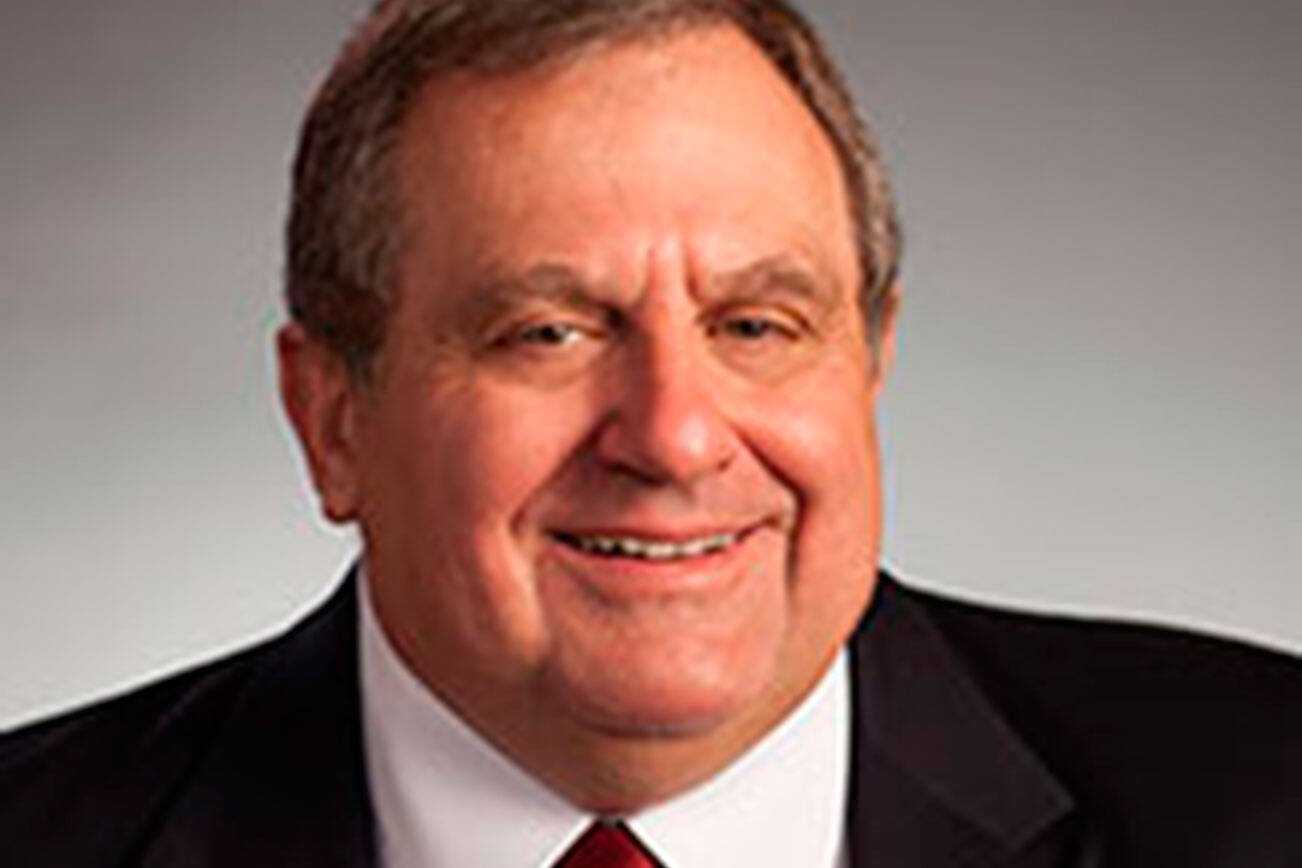After a brief hiatus, those pesky citizen initiatives are back much to the chagrin of three-term Gov. Jay Inslee and Democrats who have an ironclad grip on our state legislature.
Lawmakers, currently meeting in Olympia, are dealing with six initiatives which are aimed at altering or overturning laws jammed through the legislature in recent years. Those laws add billions in taxes and costs, restrictions on parental rights, police pursuit limits, and a troublesome government long-term care policy required of small businesses.
Legislators can adopt or reject the measures or place alternatives on the ballot. If lawmakers take no action, they will automatically go to voters in November.
Initiatives are not new. In fact, Washington was the first state to embed initiatives and referendums in our state’s constitution. That was in 1912. Those provisions grant citizens’ recourse to change or add laws outside the legislature process.
Over the years it has worked.
For example, limits on terms for those serving in elected office were enacted by Initiative 573 in 1992. Voters approved it by 52%; however, the Washington Supreme Court overturned the law in 1998. The court ruled that the term limits violated the state constitution’s requirement that all candidates for office be treated equally.
Nevertheless, Initiative 573 changed a law elected officials would not touch.
This year among the six qualifying initiatives is one extensively changing the state’s carbon tax and credits scheme. It repeals key provisions of the 2021 Washington Climate Commitment Act (CCA).
State Rep. Jim Walsh, R-Aberdeen, filed Initiative 2117, and last month he and supporters turned in petitions signed by an estimated 420,000 people. He told the Washington Standard that “foes of the law say it has driven up prices for fuel and energy and amounts to a “hidden tax.”
CCA taxes on CO2 emissions are projected to add $0.46 to the cost of a gallon of gas and $0.59 for a gallon of diesel this year. Washington Research Council estimates CCA taxes would go to $0.80 for gas and $1.02 for diesel by 2030. That is on top of our state’s current $0.49.4 gas tax and $0.18.4 cents for gas and $0.24 for diesel that the feds levy.
Costs drain checkbooks and savings accounts. They matter to people and when lawmakers increase taxes too much, voters’ revolt.
For example, by 1999 citizens were outraged by the continued increase in annual vehicle license tabs. Lawmakers misjudged voter frustration and voters overwhelmingly approved Initiative 695 by 56% of the vote. It the established $30 car tab measure and repealed the dreaded Motor Vehicle Excise Tax.
Then in 1993 legislative session when Gov. Mike Lowery and Democrats added more than $1.5 billion in new taxes, fees and regulations, Vancouver lawmaker Linda Smith, a Republican, filed Initiative 601. It limited the growth in expenditure for the state’s general fund to the inflation rates and population growth. It also required referendums for taxes exceeding the limit. It passed by 52%.
Initiatives have consequences. For example, when the state Supreme Court upheld the state’s capital gains or wealth tax, Fisher Investment moved its headquarters from Camas to Texas.
In November, Amazon Founder Jeff Bezos, who did not publicly point to the new wealth tax as the reason for his move, nevertheless uprooted from Seattle and headed to Florida. He saved an estimated yearly $1.44 billion in taxes.
State Rep. Chris Corry, R-Yakima/Ellensburg, observed for every Bezos there are individuals and businesses who just quietly leave the state.
The initiative is a reminder of the basic law of physics: for every action, there is an equal and opposite reaction. This year the pendulum is swinging back via initiative.
Don C. Brunell is a business analyst, writer, and columnist. He retired as president of the Association of Washington Busines, and now lives in Vancouver, Wa. He can be contacted at theBrunells@msn.com.



